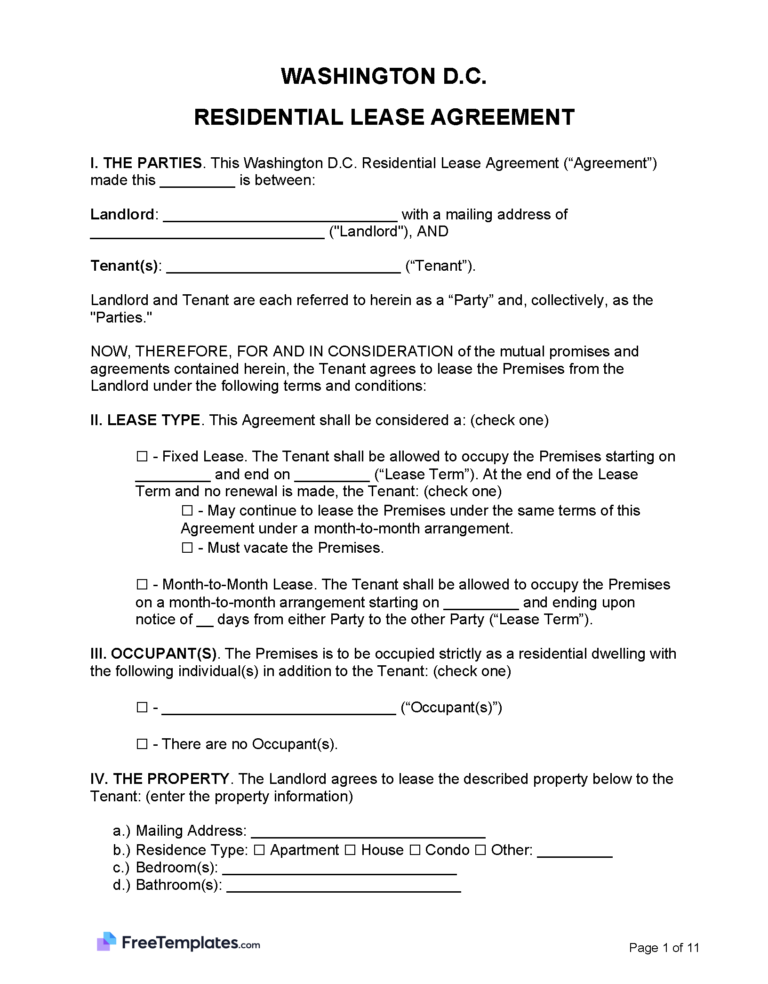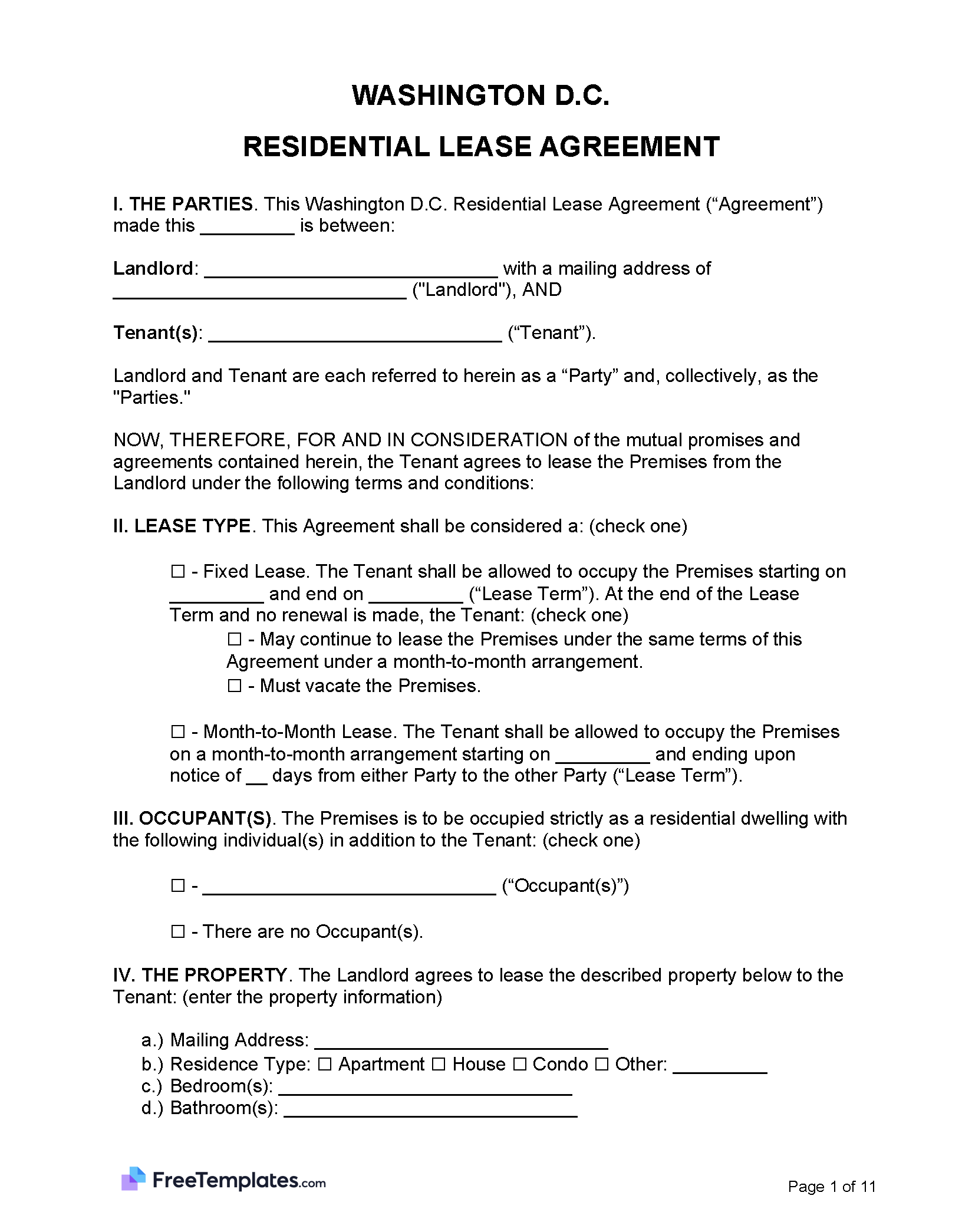By Type (6)
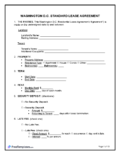 Standard Lease Agreement – A typical contract between a landlord and tenant that is usually paid monthly and due on the first of each month. Standard Lease Agreement – A typical contract between a landlord and tenant that is usually paid monthly and due on the first of each month.
|
|
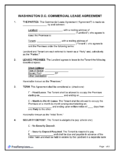 Commercial Lease Agreement – A binding agreement between a business and a landlord regarding the terms of a monthly rental property. Commercial Lease Agreement – A binding agreement between a business and a landlord regarding the terms of a monthly rental property.
|
|
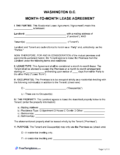 Month-to-Month Lease Agreement – This is when a tenant and landlord sign a document involving a property that is rented one month at a time and can be renewed at the end of the month. Month-to-Month Lease Agreement – This is when a tenant and landlord sign a document involving a property that is rented one month at a time and can be renewed at the end of the month.
|
|
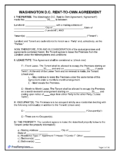 Rent-to-Own Agreement – This is similar to a standard lease agreement; however, the renter has the option to purchase the property from the owner. Rent-to-Own Agreement – This is similar to a standard lease agreement; however, the renter has the option to purchase the property from the owner.
|
|
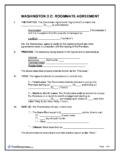 Roommate Agreement – This discusses the rules and permissions of a shared unit space by signing a contract. Roommate Agreement – This discusses the rules and permissions of a shared unit space by signing a contract.
|
|
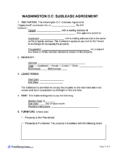 Sublease Agreement – This is a contract between a renter and a sub-renter where the renter does not own the property. Sublease Agreement – This is a contract between a renter and a sub-renter where the renter does not own the property.
|
Disclosures (6)
District of Columbia Tenant Bill of Rights – Must be provided by the landlord to the tenant at the time of lease signing. (§ 42–3502.22(b)(1)(L))
Lead-Based Paint Disclosure – This is an informative packet that must be provided to the tenant of any landlord whose building was built before 1987.
RAD Form 3 – Must be provided to the tenant by that landlord and discusses the safety and condition of the property.
RAD Form 5 – A form that states that all rental properties are safely accessible by the tenant.
Receipt – In Washington, DC, the landlord must provide a receipt for any rental payment made in cash. (§ 14-306)
Voter Registration Packet – An informative booklet that provides information from the Board of Elections and offers the latest registration forms.
Landlord Access
Emergency Access – In Washington, D.C., a landlord has the right to enter a property without notice in an emergency situation. (§ 42–3505.51(b)(1))
General Access – Before the landlord can access a rental unit in Washington, DC, forty-eight (48) hours of written or verbal notice must be given. (§ 8–231.06(a))
Paying Rent
Grace Period – In Washington D.C., the tenant has a 5-day grace period before the monthly rent is due and before they may receive a late fee. If the renter fails to pay within 5 days, the landlord may issue a 30-day notice to quit. (§ 42–3505.31(b)(2))
Maximum Late Fee – The maximum a landlord may charge a tenant for late payment is 5% of the monthly rent. (§ 42–3505.31(a))
Returned Checks (NSF) – $100 is the maximum a landlord may charge if the renter writes a bad check. (§ 28–3152(c))
Reasons for Eviction (4)
Illegal Activity – A 30-day notice to quit may be served to any renter performing unlawful activity on the property. They may not be given an opportunity to fix their violation and have a maximum of 30 days to vacate the property.
Non-Compliance – If the renter fails to keep a clean unit, does not pay the rent on time, houses people not on the lease, or has an unauthorized pet, they may be evicted.
Non-Payment of Rent – If a tenant does not pay the rent on time, they may be served a 30-day notice to quit. This may be hand-delivered or mailed to the tenant.
Rental Unit Demolition – A 180-day notice to quit may be served to any tenant if the property owner needs to demolish their unit.
